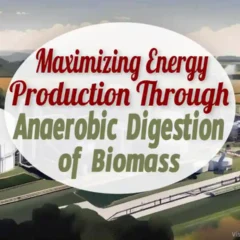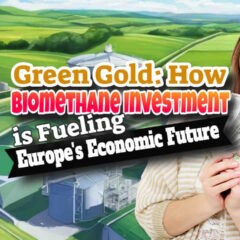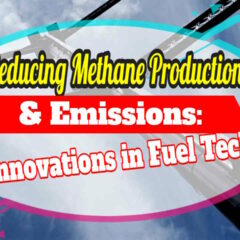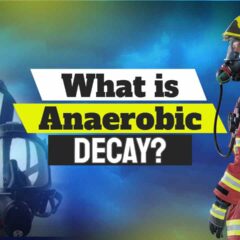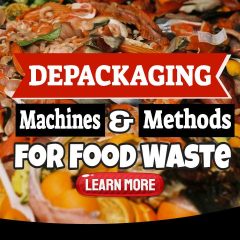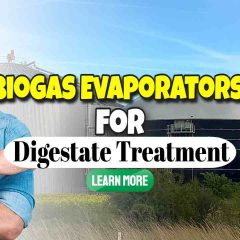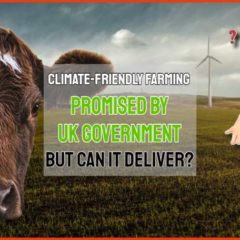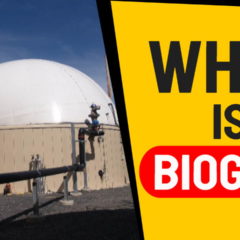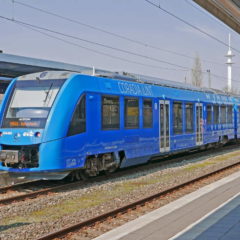11robic
Green Gold: How Biomethane Investment is Fueling Europe’s Economic Future
The Economic Boom of Biomethane Investment: How the EU27 + Investment is Reshaping the Future. We might also call this article “Green Gold: How Biomethane is Fueling Europe’s Economic Future! Introduction The European Biogas Association report highlights a new study indicating that the whole-system benefits of biomethane, in terms of monetary value, significantly surpass its […]
Reducing Methane Production and Emissions: Innovations in Fuel Technology and Industrial Processes
One of the most serious environmental issues of our day is reducing methane production and emissions. Methane emissions have increased dramatically over the last few decades as industrialization and urbanisation have continued to grow, adding to global warming and climate change. As a result, researchers and industrial professionals are researching novel approaches to reducing methane […]
What is Anaerobic Decay?
Organic decay is the process of organic matter breaking down over time. It is a natural process that occurs in nature and is essential for the cycle of life. Organic decay is the result of bacteria, fungi, and other microorganisms breaking down organic material into simpler compounds. This process is also known as decomposition. Anaerobic […]
Bioenergy Factsheets for Assessing Renewable Energy Options
Bioenergy Factsheets are a great starting point for obtaining information on renewable energy options for those just starting out on any project to investigate ways to improve the “green” performance of any company’s operations. The foremost bioenergy source is biomass which in effect absorbs the sun’s rays as its inexhaustible renewable energy source. So, for […]
Depackaging – Machines & Methods for Food Waste MOW & OFMSW
Depackagers, also known as depackaging machines, are devices that assist in the automated unpacking or depacking of goods and materials such as food waste. Cans, bottles, and other containers can be unpacked, depackaged, and sorted into separate factions as organic soup, rejects, inerts, and recyclable. Using depackaging technology with separators the recyclables in the rejects, […]
10 Things to Know About Anaerobic Digestion in Europe
On this page, we’ve compiled a list of ten facts about Anaerobic Digestion in Europe that you should know. Anaerobic digestion (AD) is a biochemistry process that primarily produces carbon dioxide and methane by degrading organic substances. Anaerophageal digestion (AD) is the process of breaking down organic material in the absence of oxygen. It produces […]
Use of Biogas Evaporators for Digestate Treatment
Vacuum evaporation is an efficient method for reducing the volume of liquid phase digestate (LPD) from biogas plants (BGP). Furthermore, thickening the LPD in biogas plant contributes to the efficient utilization of waste heat. it also reduces fossil fuel consumption. That is a valuable asset needed for reducing the cost of transporting liquid phase digestate […]
Climate-Friendly Farming Promised by UK Government But Can It Deliver?
At Eurobic11 we are all in favour of Climate-Friendly Farming the UK government’s promises. For too long the UK has been forced to comply with the EU’s Common Agricultural Policy (CAP) with a bias toward large farms and subsidies which have a perverse effect on nature. With our interest in promoting the anaerobic digestion and […]
What is Biogas? A Beginner’s Guide to Large Plants and Small Home Units
So, What is Biogas? Biogas is a type of biofuel that is naturally produced from the decomposition of organic waste. When organic matter, such as food scraps and animal waste, break down in an anaerobic environment (an environment absent of oxygen) they release a blend of gases, primarily methane and carbon dioxide. Because this decomposition […]
University Investigates Viability of Hydrogen in Transport
Hydrogen in Transport may be on the verge of a revolution. Hydrogen power technology has been around for decades, used in past NASA spacecraft. But it’s been too costly. Expensive materials were needed including precious metals in the fuel cell membranes. Without those: the inability to generate electricity cheaply, plus the need for carbon fibre […]

